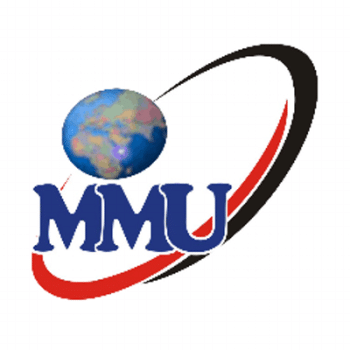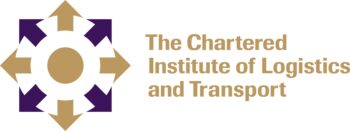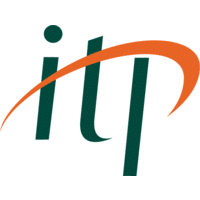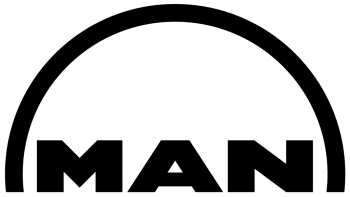Anti-Bribery and Corruption Policy

Introduction
Transaid conducts all aspects of its business in an honest and ethical manner at all times.
Therefore, it has a policy of zero-tolerance to bribery and corruption in any form and is
committed to implementing and enforcing effective systems to counter bribery and corruption.
Bribery and corruption are unfortunately found in all countries. They hurt the poor
disproportionately, diverting resources intended for development and humanitarian assistance
and increasing the costs of basic public services. They undermine economic growth and are a
barrier to poverty alleviation and good governance. Often, bribery and corruption can
aggravate conflict and insecurity.
There is a risk that corruption will prevent Transaid from achieving its objectives, especially
when we are working in countries where there are high levels of corruption. Suggestions that
Transaid is linked to bribery and corruption in any way would be damaging to our reputation
and undermine the trust and support of our beneficiaries, partners, the wider public and
donors.
Policy Aim
The aim of this policy is to help Transaid act in accordance with the UK Bribery Act 2010 and
relevant legislation in countries in which it operates, maintain the highest possible standards
of business practice, and advise individuals/organisations of Transaid’s zero-tolerance
approach to bribery and corruption.
Application
organisations to Transaid, and partner organisation. This policy applies to all staff, volunteers,
consultants, trustees, staff seconded from other
The Law
Under UK law (UK Bribery Act 2010), bribery and corruption is punishable for individuals by
up to ten years imprisonment and/or a fine. If an organisation is found to have taken part in
the corruption or lacks adequate procedures to prevent bribery, it could face an unlimited fine
and be excluded from tendering for Government contracts (as well as suffering substantial
reputational damage). The UK Bribery Act is extra-territorial in its scope; any British citizen (or
‘associated person’ to the UK) giving or receiving a bribe anywhere in the world, is liable to
prosecution. The legislation is drafted widely enough to include directors, employees, workers,
partner organisations, contractors and potentially, suppliers if the bribery benefits the
organisation.
It is also important to abide by any local legislation on bribery and corruption in countries in
which Transaid operates.
Definition of Bribery and Associated Terms
Bribery is the offering, promising, giving, accepting or soliciting of money, gifts or other
advantage as an inducement to do something that is illegal or a breach of trust in the course
of carrying out an organisation’s activities. (NB Even if a bribe is not accepted an offence will
still be committed.)
Corruption is the abuse of entrusted power for private gain.
Extortion is the unlawful use of one’s position or office to obtain money through coercion or
threats. One example would be when customs officials request undue ‘customs duties’ from
importers as a condition to clear their goods.
Solicitation is the act of a person asking, ordering or enticing someone else to commit bribery
or another crime.
Raising Concerns
Any person who has concerns about the behaviour of Transaid’s staff, volunteers,
consultants, trustees, partner organisations, staff seconded from other organisations are
required to report it immediately via a senior manager in the organisation. If the concern is
about the line manager, then the next person in the line management hierarchy must be
alerted. All information relating to the concerns raised must be kept confidential to the person
raising the concern, to the person who this has been reported and any person involved in an
investigation
All claims will be fully investigated and will involve a senior manager, specialist HR and/or
anti-bribery and corruption personnel to ensure it is undertaken in the most sensitive and
appropriate manner. Please see Transaid’s Disciplinary and Grievance procedure for more
information.
If an individual has concerns about the repercussions of reporting an issue, Transaid also has
a Whistle Blowing policy that allows for anonymity in raising concerns.
Transaid Anti-Bribery and Corruption Policy – Version 4
Approved by Council – January 2021
Next review date – December 2023









